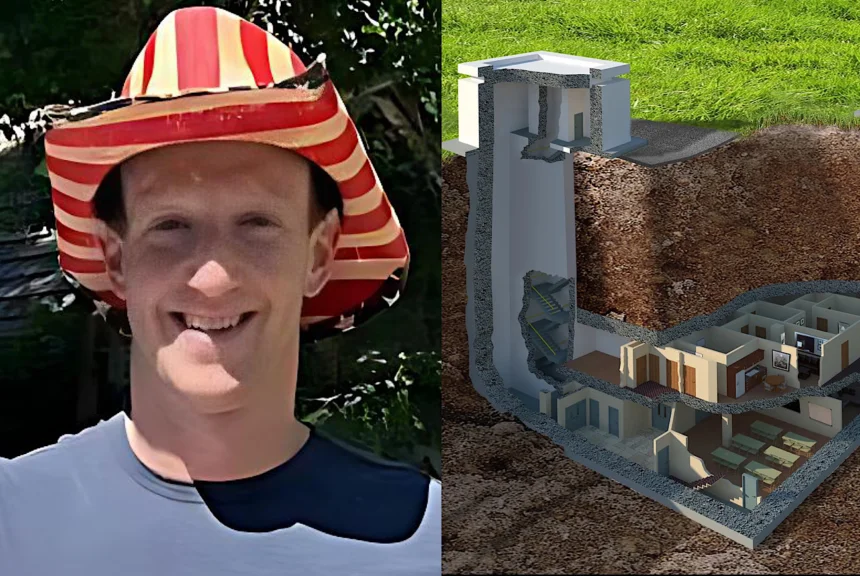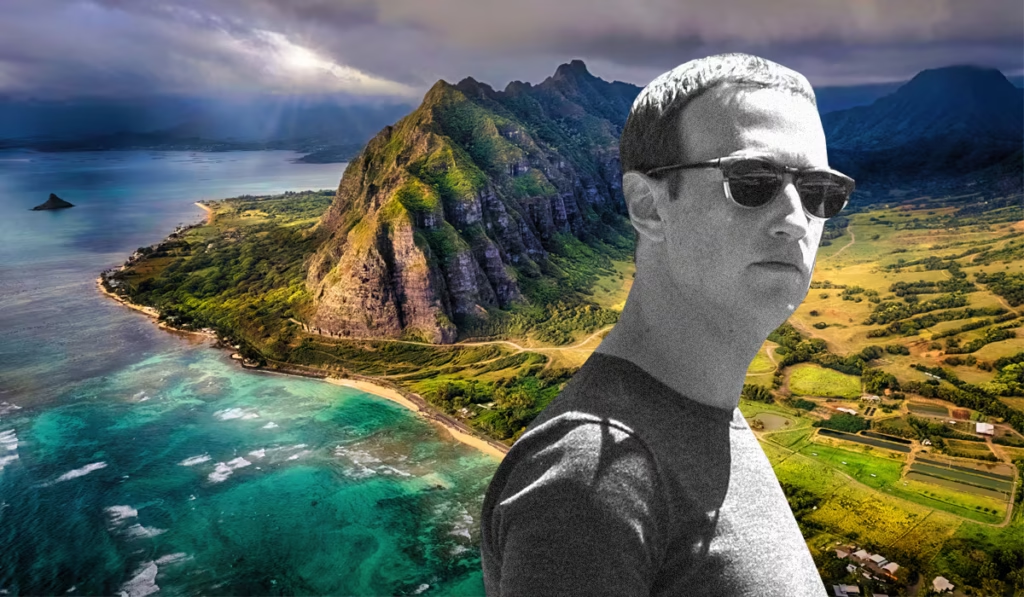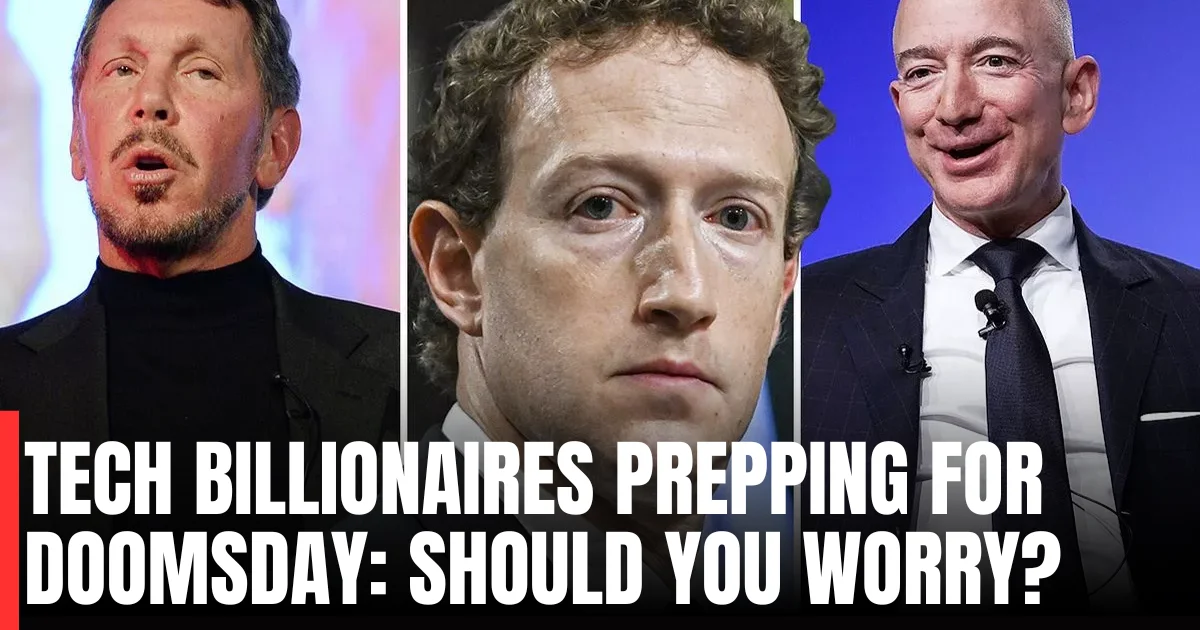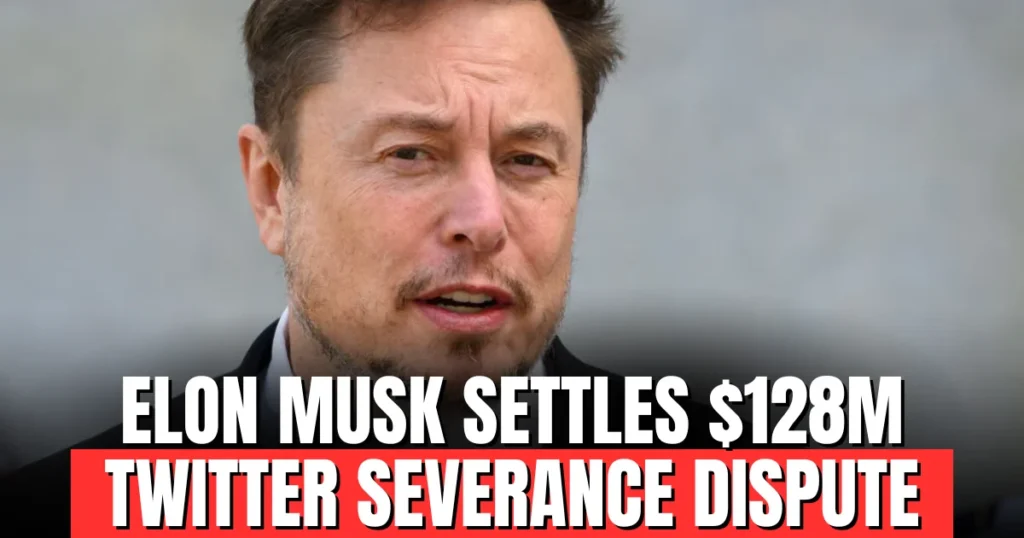Tech elites are building bunkers and “apocalypse insurance.” Should ordinary people be alarmed? Read what it means — and what you can prepare.
Table of Contents
Tech Billionaires Prepping for Doomsday: Should You Worry?
Introduction
Tech billionaires across Silicon Valley are quietly making moves. Mark Zuckerberg is reportedly building an underground “shelter” on his 1,400‑acre Kauai ranch. Others buy remote land or talk about “apocalypse insurance” as if disaster is inevitable.
Are these just eccentric wealth plays — or a signal of something deeper? In this article, we examine what’s happening, what it suggests about future risks, and whether the rest of us should take notice.
What Exactly Are These Tech Preppers Doing?

Zuckerberg’s Koolau Ranch and Secret Shelter
- Since around 2014, Zuckerberg has been developing Koolau Ranch on Kauai, Hawaii, spanning ~1,400 acres.
- The project reportedly includes a subterranean “shelter” with independent energy and food infrastructure.
- Contractors were bound by NDAs. The site is shielded by walls and hidden from road views.
- When asked, Zuckerberg claimed the underground space is only “like a basement” rather than a doomsday bunker.
- In Palo Alto, he is said to own multiple properties with large underground expanses.
Other Tech Figures & Their Moves
- Reid Hoffman (LinkedIn cofounder) has spoken openly about “apocalypse insurance,” and New Zealand is often cited as a fallback location.
- Ilya Sutskever (OpenAI cofounder / chief scientist) allegedly proposed a bunker for scientists before releasing extremely powerful AI.
- Sam Altman has floated relocating to remote properties in events of global upheaval.
These moves hint at a broader mindset: even those building cutting-edge tech may believe the future holds unpredictable risks.
Why Are They Doing This? Fear of Existential Risks

The Rise (and Fear) of AGI / ASI
- Many tech leaders believe Artificial General Intelligence (AGI) is approaching — AI that matches human cognitive ability.
- Some think Artificial Super Intelligence (ASI) — machines far smarter than humans — will follow quickly.
- As of 2025, surveys place a 50% chance of AGI by mid-century, with some pushing timelines to 2040–2050.
- A recent survey of experts found a median estimate that high-level machine intelligence will emerge by 2040–2050, with superintelligence possibly within 30 years after that.
- However, skeptics argue many required scientific breakthroughs have yet to occur.
Climate, Geopolitics & Pandemics
- Billionaires may also be hedging against climate collapse, extreme weather, or resource wars.
- Political instability or large-scale pandemics amplify the perceived need for self-sufficiency.
- These are more traditional “prepper” risks, but the ultra-wealthy can afford hardened solutions.
Should We All Be Worried? What It Implies for the Rest of Us
Signals, Not Guarantees
- The actions of tech elites don’t guarantee imminent collapse — they’re placing option hedges.
- Their prepping may reflect risk aversion at scale rather than a precise foreknowledge of catastrophe.
Potential Consequences for Society
- A growing divide: those who can afford apocalypse insurance vs. everyone else.
- Real estate may follow: remote, secure properties could surge in value.
- Governments may be pressured to regulate AI, security, or underground construction.
What Ordinary People Can (and Should) Do
- Stay informed — understand AI risks, climate threats, and resilience strategies.
- Diversify risk — invest in infrastructure, resilient tech, or community preparedness.
- Policy engagement — support regulation, transparency, and oversight of powerful technologies.
- Local readiness — basic disaster prep (emergency kits, water supply, community plans) still matters.

Expert Views & Forecasts: How Real Is the Threat?
Survey Results and Expert Consensus
- A recent survey of AI and machine‑intelligence experts found a ~50% chance of high‑level AI by 2040–2050.
- Another analysis suggests transformative AGI by 2043 is less than 1% likely due to cascading constraints.
- Skeptics argue that scaling current AI architectures will hit diminishing returns, making short-term AGI predictions overly optimistic.
What Tech Leaders Project
- DeepMind’s Demis Hassabis predicts AGI could appear in 5–10 years.
- Some Google leaders place AGI arrival around 2030.
- OpenAI’s leadership claims progress, though they also warn of the risks.
The range is wide — from 2030 to 2050 or more — which means uncertainty remains high.
FAQ
Q1: Why are tech billionaires building underground bunkers?
A1: Many cite fears of existential risks — from AI runaway scenarios to climate collapse or geopolitical shocks. Building secure, self-sufficient shelters is a form of “apocalypse insurance.”
Q2: Is there evidence Mark Zuckerberg is building a doomsday bunker?
A2: Reports say his Kauai ranch will host an underground 5,000 sq ft shelter with independent systems, though Zuckerberg has denied it’s a bunker, calling it a “basement.”
Q3: When might AGI (Artificial General Intelligence) arrive?
A3: Expert estimates vary: many put it between 2030 and 2050. Some are more conservative. Some analyses suggest transformative AGI by 2043 is unlikely.
Q4: Should I personally prepare for these risks?
A4: While mass prepping like billionaires is unrealistic, basic resilience — emergency supplies, financial diversification, awareness of AI/tech risks — is wise.
Q5: Can governments prevent catastrophic AI or disasters from occurring?
A5: Yes, through regulation, safety protocols, transparency, and oversight of AI R&D, infrastructure, and disaster response systems.
Conclusion
We can’t conclude that catastrophe is imminent. But the fact that tech elites are hedging so aggressively signals deeper uncertainties about our future trajectory. Whether driven by fears of superintelligent AI or climate collapse, these preparations are a wake-up call.
Would you rather ignore this or learn to adapt? Leave a comment below:
- Do you believe AGI will arrive by 2030?
- What measures are you personally taking (if any) to future-proof your life?

